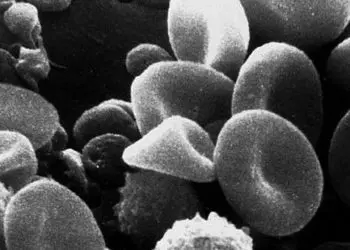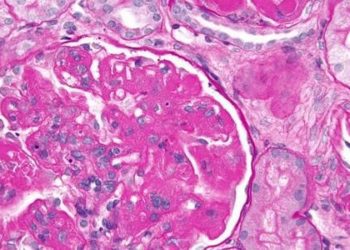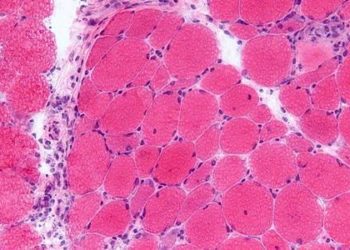Long-term use of apremilast for psoriasis associated with an acceptable safety profile
1. In a prospective observational study of over 1100 patients with moderate to severe plaque psoriasis, long-term use (≥156 weeks) of apremilast was not associated with an increase in common or serious adverse events compared to short-term use (52 weeks).
Evidence Rating Level: 2 (Good)
Study Rundown: Psoriasis is a chronic, inflammatory skin disease associated with a multitude of systemic manifestations and varying degrees of severity. Selecting the optimal therapeutic regimen requires the consideration of numerous factors including efficacy, disease severity, route of administration, cost, feasibility, safety, and tolerability. Due to the chronic nature of the disorder, evaluating the safety profile and tolerability of long-term medication use is critical. Apremilast is a novel oral phosphodiesterase 4 (PDE4) inhibitor that has previously demonstrated efficacy and safety for treating moderate-to-severe plaque psoriasis for up to 52 weeks. The purpose of this study was to assess the safety and tolerability of the long-term use of apremilast in patients with psoriasis.
This study is a prospectively evaluated 1,184 patients with plaque psoriasis from two phase 3 clinical trials evaluating the efficacy, safety, and tolerability of apremilast. At the conclusion of the study, there was no significant increase in common adverse events, serious adverse events, or the rate of drug discontinuation with the study dose of apremilast at 156 weeks compared to 52 weeks. This study is strengthened by its large sample size and the use of multiple trial sites. However, limitations include the lack of comparison to a control group and a sizeable patient dropout rate (21% patients remain at the end of study period), which may limit the external generalizability of these results. Additional prospective studies may be helpful to confirm these results.
Click to read the study in JAAD
In-Depth [prospective cohort]: The study prospectively followed patients pooled from 2, similarly designed 52-week, multi-site phase 3 randomized controlled trials evaluating the efficacy, safety, and tolerability of apremilast in patients with moderate-to-severe plaque psoriasis. Overall, 1184 patients were treated with apremilast and 249 (21.0%) patients completed ≥156-week of treatment. Safety and tolerability was assessed by physical exam, documentation of adverse events, and laboratory tests. Descriptive statistics and exposure-adjusted incidence rates (EAIR) were calculated. Compared to patients treated with apremilast for 0 to ≤52-weeks, patients treated for >104 to ≤156-weeks experienced less common adverse events such as diarrhea (1.3% vs. 17.3%), nausea (1.5% vs. 15.7%), upper respiratory tract infections (6.7% vs. 15.5%), nasopharyngitis (6.0% vs. 14.1%), tension headache (1.2% vs. 9.0%), and headache (1.7% vs. 6.3%). The EAIR for major cardiac events (0.4/100 patient-years vs. 0.5/100 patient-years), malignancy (1.6/100 patient-years vs. 1.2/100 patient-years), and serious infections (0.5/100 patient-years vs. 0.9/100) were similar between both the 0 to ≤52–week and 0 to ≥156–week apremilast-exposure periods.
©2017 2 Minute Medicine, Inc. All rights reserved. No works may be reproduced without expressed written consent from 2 Minute Medicine, Inc. Inquire about licensing here. No article should be construed as medical advice and is not intended as such by the authors or by 2 Minute Medicine, Inc.







